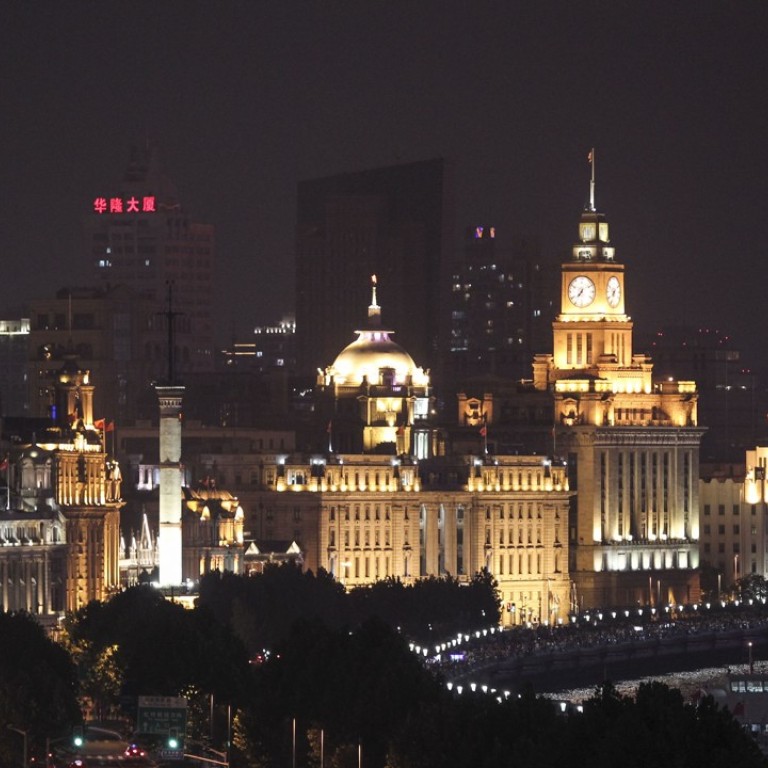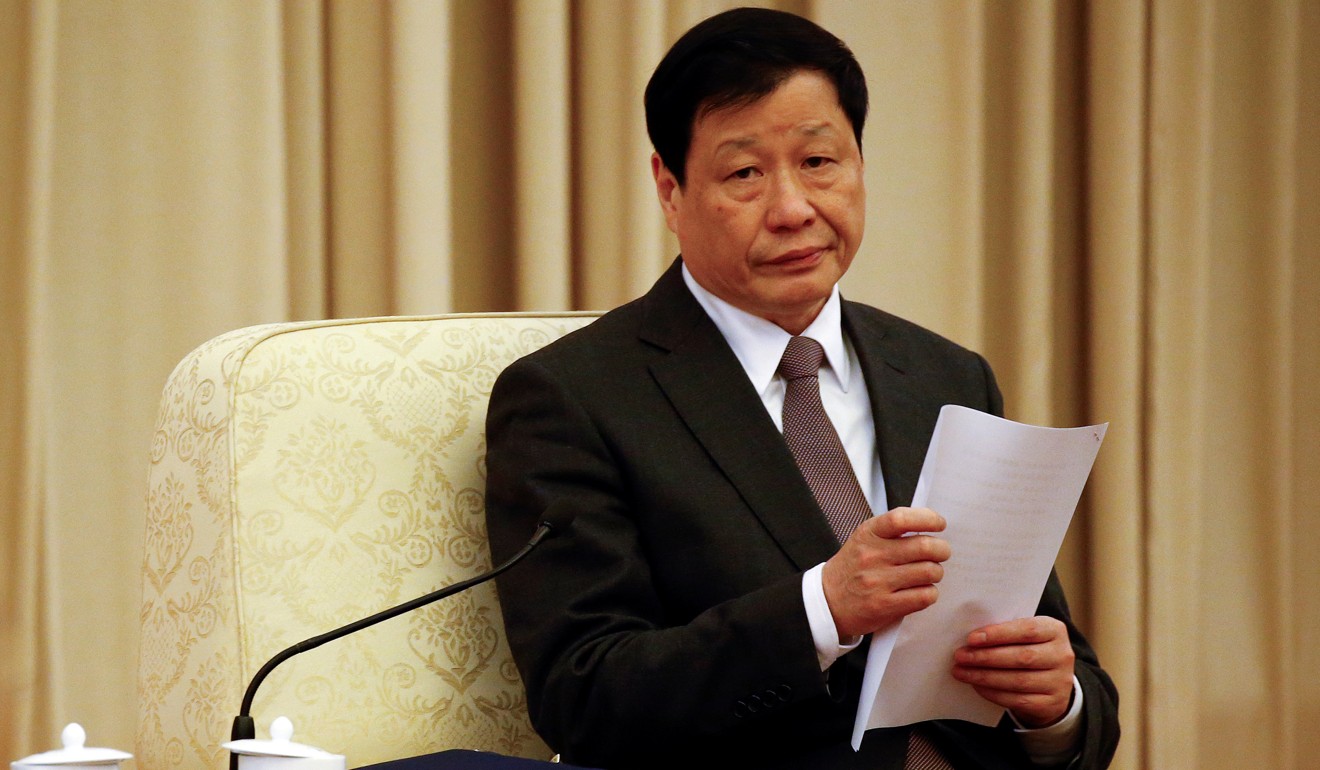
Shanghai’s mayor sees city’s future in being a global hi-tech hub
The city government is looking into ways to attract global talent to work there as it pushes its transformation into a service economy
The future of Shanghai lies in turning it into a hi-tech hub with international influence, the Chinese city’s mayor told business leaders, citing recent measures including easier access to funds, eased tax burdens and lower office costs to try and tempt companies.
Also among planned initiatives would be policies to attract global talent to work in the city, the mayor, Ying Yong, told a press conference on Sunday at the end of the annual International Business Leaders’ Advisory Council meeting.
“To establish a global innovation centre, talent appears to be the key and fundamental issue,” Ying said. “Shanghai is thirsty for talent, a situation that has never been seen before.”
He did not elaborate on whether a reduction of personal income tax would be enforced, which was viewed as one major hurdle preventing Shanghai from enticing top-notch financial professionals and information technology engineers.
Ying, who was elected mayor at the beginning of this year, said his administration’s aim was to build Shanghai into one of the world’s “safest, most organised and cleanest” metropolises.

Like a number of other Chinese cities, Shanghai has been revving up the transformation of its economy into one driven by the service sector, while also striving to move locally made products up the value chain.
The fact that none of the mainland’s three internet giants – Baidu, Alibaba and Tencent – are headquartered in the city has rankled officials, analysts have said. Alibaba is the owner of the South China Morning Post.
The municipality has rolled out a series of incentives over the last two years to spur technological innovation, with the focus on quality rather than quantity in attracting foreign investment.
Under a measure introduced in 2015 to encourage investment by angel investors and venture capital funds, a fund or investor could recover as much as 3 million yuan (US$460,000) of losses from investment in Shanghai-based start-ups that failed.
Shanghai also launched several government-backed investment funds to bolster technology transfers and the commercialisation of research.
In the northeastern district of Yangpu, three million square metres of office space will be built along the waterfront to attract investors, entrepreneurs and professional service firms from around the world, Ying said.
Ying reiterated that Shanghai would remain resolute in curbing an overheated property sector and cutting its reliance on the real estate sector to drive economic growth. Measures already implemented to rein in home prices since early 2016 have included limiting flat purchases to two per household, increasing down payments for second homes and direct intervention to set maximum prices for new homes.

